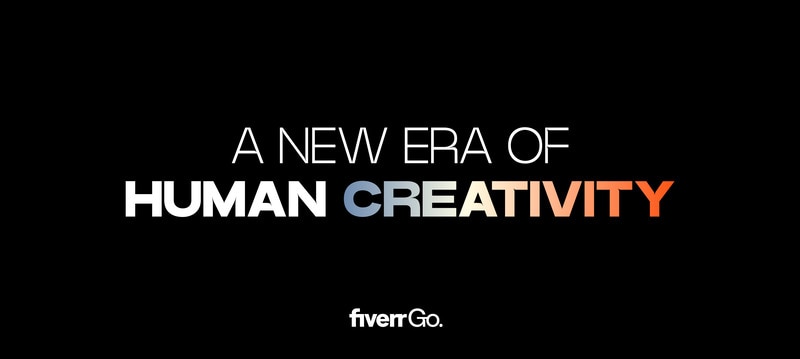Mark Carney's Climate Platform Criticized as Status Quo by Friends of Science Society

Mark Carney's climate platform for the federal Liberal party of Canada has been criticized as inadequate by Friends of Science Society, revealing potential financial burdens and unrealistic emissions reduction goals.
Mark Carney has released his climate platform for his leadership bid for the federal Liberal party of Canada, but it is just 'more of the same,' according to a new report by Robert Lyman from Friends of Science Society.
Titled "Putting Lipstick on a Pig," Lyman's report reveals the devastating financial impact of current policies, denouncing Carney's plan to impose more stringent regulations and shift the unpopular consumer-facing carbon tax to a higher burden on industry. Lyman criticizes Carney's interest in adopting the EU's Carbon Border Adjustment Mechanism (CBAM), which is set to take effect this year in the EU. CBAM is a tariff on imports from countries that do not have carbon emission abatement programs comparable to those of the EU or Canada. The implementation of CBAM would require onerous, mandatory Scope 1, 2, and 3 emissions reporting.
Friends of Science Society had issued a letter to the International Sustainability Standards Board in 2022. In it, potential financial burdens and social damages for mandatory emissions reporting in the USA were summarized by Steve Soukup, author of "The Dictatorship of Woke," who noted that "The SEC's own estimates suggest that the overall cost of disclosure and compliance for public companies will rise from approximately $3.8 billion per year to over $10.2 billion — a more than 250 percent increase, based on this rule alone."
Carney, a former governor of the Bank of England and the Bank of Canada, as well as a past UN climate finance 'czar,' favours mandatory emissions reporting. He was a principal architect of the Global Financial Alliance for Net Zero (GFANZ), which aimed to influence markets through finance. A report from the US House Judiciary Committee titled "Climate Control..." claims that the so-called 'climate cartel' is waging a 'global war on the American way of life.'
Interestingly, in his keynote speech at the 2021 UN Principles of Responsible Investment (PRI) China Climate Neutrality Week, Carney expressed gratitude to China for the impetus in establishing the Network for Greening the Financial System and the groundwork for the mandatory emissions reporting he now advocates.
Key banks and influential asset managers have since distanced themselves from GFANZ, and similar organisations have disbanded as the US antitrust investigation continues.
Other Canadian commentators have also disapproved of Carney's climate plan. The Financial Post published an op-ed titled "Hiding the Costs of Net Zero doesn't Reduce Them" on February 11, 2025, while energy analyst Heather Exner-Pirot wrote in "The Hub" that Carney's plan is outdated and that the public has shifted focus to affordability and energy security concerns.
Moreover, a new collection of scientific papers posted on the Heritage Foundation's site demonstrates that much of the alarmist rhetoric surrounding climate change is grossly exaggerated. These papers align closely with and support the Trump administration's current energy policy in the United States.
Additionally, a new Friends of Science video titled "Nix Net Zero or Climate Billions will Bankrupt Canada," which discusses the Clean Electricity Regulations released in December 2024, indicates that Canada would spend $690 billion merely to reduce 8% of its emissions from the electricity sector — potentially as much as $12 trillion to cut all emissions. Canada's annual GDP is only $2.2 trillion. The Fraser Institute recently released a report titled "Decarbonizing Canada's Electricity Generation," suggesting that Canada's decarbonization goals are impractical and unrealistic.
Despite President Trump having withdrawn America from the Paris Agreements and all other climate-related financial obligations, a coalition of states and cities named "America-is-all-In" has vowed to pursue climate action, aiming to meet Paris targets.





















